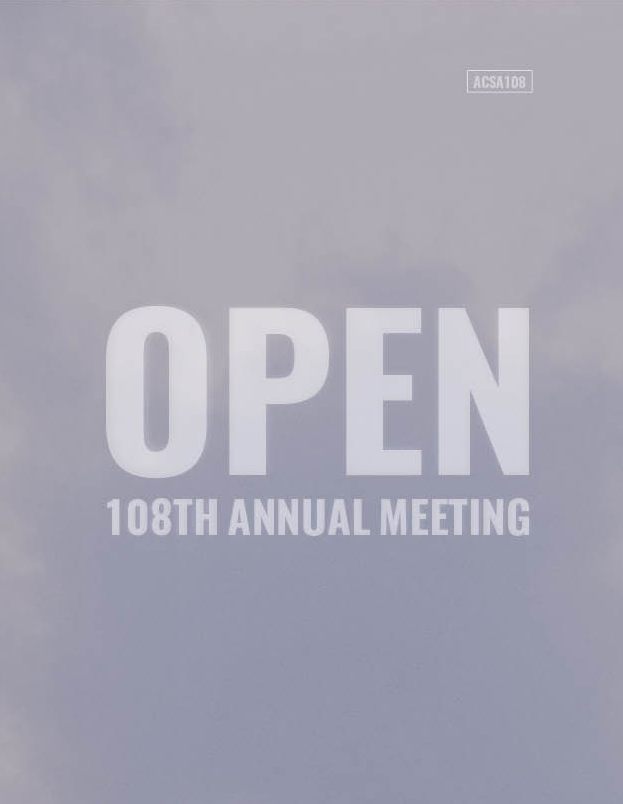Author(s): Jessica Garcia Fritz, Federico Garcia Lammers & Charles Macbride
This paper describes the pedagogy, development, and delivery of an ongoing professional practice (pro-practice) course sequence, as both a critique of traditional pro-practice coursework and within the unique context of a recently formed architecture program in an underserved region. Among the challenges in starting a degree program from scratch is the approach to pedagogy and curriculum. Student exposure to a range of voices and instructors is a significant challenge and one that has been addressed through a curriculum of interrelated course sequences, including studio, media, history, technology, and perhaps most successfully, professional practice. Delivered across the final four semesters of the program, the professional practice sequence has been consciously developed to teach to an inseparable condition of practice and theory. In addition, the courses have been conceived within the unique and place-specific lessons of a small program with little architectural tradition. Practice has its own narrowly defined lane in the region, and as such, any theory surrounding it has only now been proposed or verbalized by the emerging faculty. Though traditional pro-practice courses typically exist as a single-semester offering, spreading content across four courses has allowed the department to connect diverse theoretical and practical positions, while exceeding the narrow requirements for accreditation. Legal responsibilities in the profession, financial practices, environmental ethics, and the management of practice unfold respectively through Regulation, Economics, Stewardship, and Management courses. These themes are theoretically framed by rooting architectural practices through their historical emergence, intersection with small urban places, and as a critique of normative models. Simultaneously, they are framed as theoretical extensions of the studio and other curricular course sequences. It has been found that this four-course sequence has established a popular and successful teaching methodology that both supports departmental pedagogy and has introduced a platform for wider investigation and dialogue in this professional context.
https://doi.org/10.35483/ACSA.AM.108.104
Volume Editors
ISBN
978-1-944214-26-5

 Study Architecture
Study Architecture  ProPEL
ProPEL 
